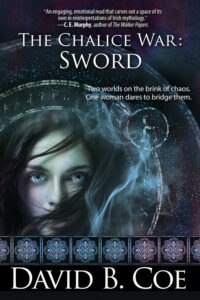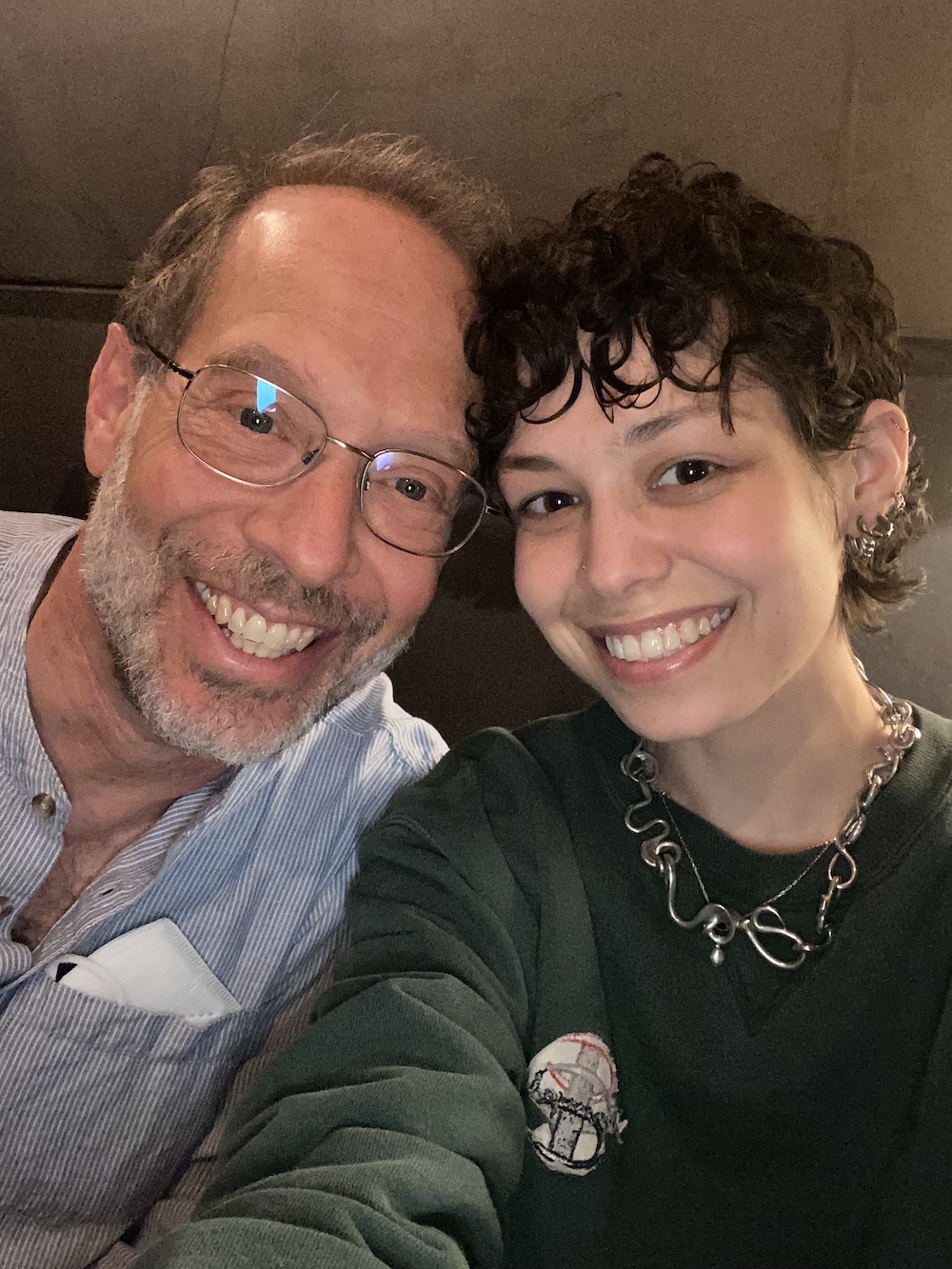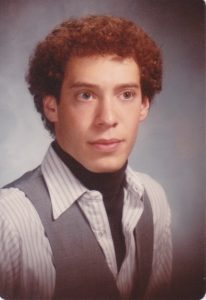Whenever I work with writers who are at the outsets of their careers — whether I’m editing their work for freelance or for an anthology, or teaching them in a workshop, or just talking shop on a convention panel — I try to stress the importance of delving deeply into emotion when telling our stories. There are so many elements that make a book or story effective. We want to create fascinating worlds, imbue those worlds with breathtaking magical systems or mind-bending imagined technologies, and give those worlds rich, complex histories, cultures, and religions. And, of course, we want our plots to be twisty, unpredictable, fun, and, ultimately, deeply satisfying.
At the end of the day, though, the key to a successful story, at least in my opinion, thirty novels and nearly as many years into my career, is character. Every other element of our storytelling can be perfect, but if our characters are flat and our readers don’t connect with them, we can’t consider our narratives successful. On the other hand, imperfections in our world building and our prose and even our plotting can be overcome with believable, memorable, relatable character work.
And I would argue that successful character work demands that we tap into the emotions of the people about whom we’re writing (even if they’re not technically “people”). Emotion is a writer’s bread and butter. Emotion is how we connect with readers, how our readers come to love (or hate) our characters, how our characters give meaning and purpose to our narratives. Emotion is everything. Without it, we might as well be writing shopping lists, or relating our stories in bullet points.
Why am I telling you this? Many of you aren’t writers, and probably don’t care about the craft of writing. And those of you who are writers have probably heard me talk about this stuff before. As I said at the outset, these are points I make at every opportunity, because I deem them so important to the success of any story.
Infusing our prose with emotion, capturing and portraying the feelings of our characters, using emotion as a tool to propel our plots — all of these things are really hard to do well. Writers spend entire careers perfecting the techniques. But sometimes — for me right now — it can be an overwhelming challenge simply to mine our own emotions so that we can draw upon them in our writing.
“Write what you know,” writers are often told. As a writer of fantasy, I approach this bit of wisdom with a healthy dose of skepticism. If all of us ONLY wrote what we “know” the literary world would be a drab, boring place. But “write what you know” does have some relevance for emotional writing. All of us have felt anger and contentment, fear and resolve, love and hate, sadness and joy. We are emotional creatures. And by drawing on our own emotional experiences and memories, we can bring authenticity and power to the emotions we impart to our characters.
The problem is, sometimes we don’t want to go there.
 In the last year, I have written two pieces of original short fiction. That’s it. I haven’t written a novel since I finished The Chalice War: Sword, late in 2022. I have recently started work on a tie-in project (I can’t really say more than that, right now), a novel. It is coming slowly, and because I am essentially playing in someone else’s world, the emotions I’ll be mining are somewhat removed from my own. I spent the first half of last year doing a bunch of editing, for myself and for others, figuring that when those projects were through, I would dive into a new book of my own.
In the last year, I have written two pieces of original short fiction. That’s it. I haven’t written a novel since I finished The Chalice War: Sword, late in 2022. I have recently started work on a tie-in project (I can’t really say more than that, right now), a novel. It is coming slowly, and because I am essentially playing in someone else’s world, the emotions I’ll be mining are somewhat removed from my own. I spent the first half of last year doing a bunch of editing, for myself and for others, figuring that when those projects were through, I would dive into a new book of my own.
Then our older daughter’s health took a dramatic turn for the worse, and that was pretty much it. I couldn’t write fiction anymore. I didn’t want to write fiction anymore. Because my entire existence outside of writing was about pain and grief and loss, and the last thing I wanted to do was a deep dive into my own feelings for the purpose of bringing life to new characters.
Now, a couple of things. First, fear not — this is NOT a permanent condition. I will write again, books and stories both. I have ideas I want to explore and projects I want to complete. I’m just not ready yet. And second, notice I said, “I couldn’t write FICTION anymore.” I did not stop writing; I have not stopped being a writer. Not entirely. I am writing posts again, and I have been journaling all this time. I have also been writing to friends. In all of this writing, I am processing and prodding. I may not be willing to delve deeply into my emotional world at this time, but I’m not ignoring it completely. I’m being careful. The way we might favor a twisted knee or avoid contact with a bruise on one side.
Because I am bruised, wounded. And I am far from alone in this regard. Lots of you write with and through emotional pain all the time. Which, I suppose, brings me to my final, larger point. Another thing writers are told constantly is to write as much as possible. “Professional writers write.” I’ve said this myself. And it’s true. But it doesn’t mean we can or should always be forcing ourselves to work on the next thing we want to sell. At times, we need to write for our own purposes. At times, we write not to make money, but to survive, to heal, to find peace. At times, we can only ask so much of ourselves.
This is such a time for me. As much as I would like to be “productive” again (whatever that means) I’m simply not there yet. Emotional writing may be our professional currency, but it’s not always possible. Admitting that, honoring that, is a step toward healing.
Have a great week.









 From Virginia Beach, I went to Brooklyn, where I spent two evenings with my older daughter. She looks beautiful, seems great, has a ton of energy, and was her normal, playful, thoughtful, intelligent, insightful, slightly acerbic self. Seeing her, having such amazing time with her, was reassuring to say the least.
From Virginia Beach, I went to Brooklyn, where I spent two evenings with my older daughter. She looks beautiful, seems great, has a ton of energy, and was her normal, playful, thoughtful, intelligent, insightful, slightly acerbic self. Seeing her, having such amazing time with her, was reassuring to say the least. I did just that. I started with some short stories that have never since seen the light of day, but which helped me to shape the contours of my world and its history. Then I began work on the novel, and by September had completed the first five chapters of what would eventually be Children of Amarid, my first published novel. I gave the manuscript to a friend of the family who had been a publisher, and he agreed to act as my agent, operating under standard agenting fees. He sent those five chapters and an outline of the rest of the book to various fantasy publishers.
I did just that. I started with some short stories that have never since seen the light of day, but which helped me to shape the contours of my world and its history. Then I began work on the novel, and by September had completed the first five chapters of what would eventually be Children of Amarid, my first published novel. I gave the manuscript to a friend of the family who had been a publisher, and he agreed to act as my agent, operating under standard agenting fees. He sent those five chapters and an outline of the rest of the book to various fantasy publishers.